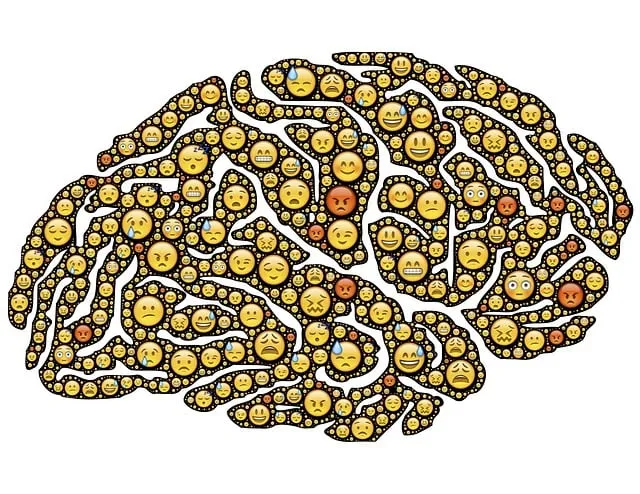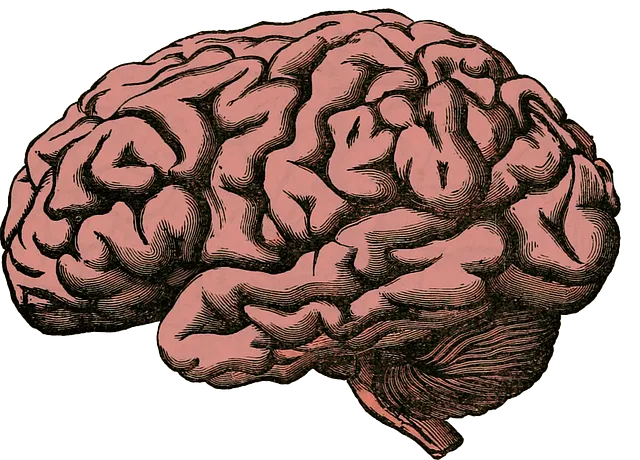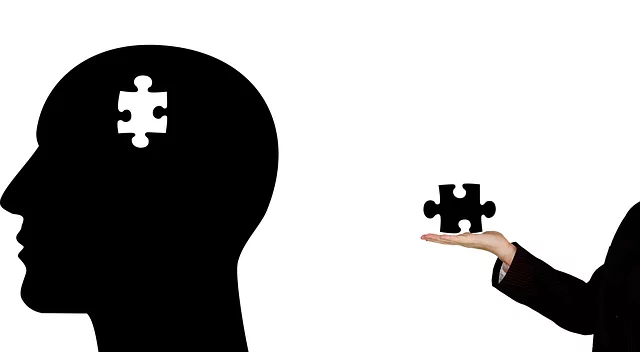The Kaiser Permanente behavioral health center in Westminster focuses on integrating social skills into mental health recovery. Through specialized training, group therapy, and coaching, they equip patients with resilience, crisis intervention, and mood management tools tailored to their needs. These programs address barriers in social interactions for conditions like depression and anxiety, enhancing emotional regulation, communication, and building supportive networks. The center's innovative approaches, including role-playing and evaluation frameworks, prioritize patient well-being and successful long-term recovery, as demonstrated by the Mental Wellness Podcast Series Production.
Social skills training plays a pivotal role in mental health recovery, as recognized by leading centers like the Kaiser Permanente Behavioral Health Center Westminster. This comprehensive guide explores how structured programs can empower individuals with mental health conditions to navigate social interactions more effectively. From identifying specific challenges, such as communication barriers and emotional regulation difficulties, to designing evidence-based training strategies and implementing realistic role-playing exercises, this article offers insights for mental health professionals at Kaiser Permanente and beyond.
- Understanding the Importance of Social Skills for Mental Health Recovery at Kaiser Permanente Behavioral Health Center Westminster
- Identifying Challenges: Common Social Interaction Difficulties in Individuals with Mental Health Conditions
- Designing Effective Training Programs: Strategies and Techniques for Mental Health Professionals
- Implementing Role-Playing and Simulation Exercises for Realistic Practice
- Measuring Success: Evaluating the Impact of Social Skills Training on Patient Outcomes
Understanding the Importance of Social Skills for Mental Health Recovery at Kaiser Permanente Behavioral Health Center Westminster

At Kaiser Permanente Behavioral Health Center Westminster, we recognize that social skills play a pivotal role in mental health recovery. In today’s complex and often challenging social landscape, individuals navigating mental health conditions face unique barriers to connecting with others and fostering meaningful relationships. Our center is dedicated to addressing this critical aspect of wellness through specialized training programs designed to empower patients with essential social skills.
By focusing on resilience building, crisis intervention guidance, and mood management techniques, we equip our patients with the tools needed to navigate social situations confidently. Through group therapy sessions and individualized coaching, we help individuals develop communication strategies, improve emotional regulation, and build a support network that promotes long-term recovery. Understanding the profound impact of social connections on mental well-being, Kaiser Permanente Behavioral Health Center Westminster is committed to transforming lives by enhancing social skills.
Identifying Challenges: Common Social Interaction Difficulties in Individuals with Mental Health Conditions

Many individuals with mental health conditions face unique challenges when it comes to social interactions due to symptoms that can impact their daily lives. Conditions such as depression, anxiety disorders, and bipolar disorder often present difficulties in understanding and interpreting social cues, initiating conversations, maintaining eye contact, and expressing emotions appropriately. These struggles can significantly affect one’s ability to form meaningful connections, which is crucial for overall well-being. At the Kaiser Permanente behavioral health center Westminster, experts recognize these challenges as essential aspects of comprehensive mental health care.
Social skills training becomes a vital tool in addressing these difficulties. By focusing on emotional regulation, self-esteem improvement, and depression prevention, specialized programs can empower individuals to navigate social situations more confidently. Through role-playing, group discussions, and cognitive-behavioral techniques, these trainings help people with mental health conditions develop essential social skills, fostering better relationships and enhancing their overall quality of life.
Designing Effective Training Programs: Strategies and Techniques for Mental Health Professionals

Designing effective training programs for mental health professionals is an art and a science, especially when tailored to meet the diverse needs of individuals with various mental health conditions. At the Kaiser Permanente behavioral health center in Westminster, experts emphasize the importance of interactive and engaging strategies to foster meaningful learning. One key approach involves incorporating self-care routine development into the curriculum, as promoting healthy habits can significantly enhance practitioners’ well-being, thereby improving their ability to support clients effectively.
Empathy building strategies are another powerful tool in mental health training. Encouraging professionals to step into their clients’ shoes fosters a deeper understanding of their experiences and struggles. Additionally, implementing effective communication strategies is vital; clear and compassionate communication bridges the gap between healthcare providers and those seeking help, ensuring that every interaction is supportive and therapeutic.
Implementing Role-Playing and Simulation Exercises for Realistic Practice

At the Kaiser Permanente behavioral health center Westminster, professionals leverage role-playing and simulation exercises to offer clients hands-on, realistic practice in social interactions. These dynamic training sessions allow individuals facing mental health challenges to experiment with different communication styles and coping mechanisms in a safe, supportive environment. By engaging in scenarios that mimic real-life situations, participants build confidence and refine their social skills, preparing them to navigate social settings more effectively.
Role-playing enables clients to explore various outcomes while receiving immediate feedback from trained facilitators. This iterative process fosters empathy building strategies and enhances stress management techniques, particularly beneficial for those who struggle with trauma support services. Through simulation exercises, individuals gain the courage to express themselves authentically, improve their active listening skills, and develop a deeper understanding of others’ perspectives—key components in fostering meaningful connections and enhancing overall well-being.
Measuring Success: Evaluating the Impact of Social Skills Training on Patient Outcomes

Measuring success in social skills training for mental health conditions is a multifaceted process that goes beyond mere attendance. At Kaiser Permanente behavioral health center Westminster, we employ a comprehensive evaluation framework to assess the impact of our programs on patient outcomes. This includes quantitative metrics such as pre-post assessments and follow-up surveys to gauge improvements in social functioning, communication effectiveness, and emotional regulation.
Qualitative methods, like individual and group feedback sessions, provide deeper insights into participants’ experiences. By integrating these approaches, we gain a holistic view of success—whether it’s enhanced confidence in social settings, improved coping strategies for stress management workshops organization attendees, or increased engagement in mindfulness meditation practices. Moreover, our Mental Wellness Podcast Series Production plays a vital role in supporting ongoing learning and maintaining momentum toward positive mental wellness outcomes.
Social skills training plays a pivotal role in enhancing mental health recovery, as evidenced by programs at the Kaiser Permanente Behavioral Health Center Westminster. By addressing common social interaction difficulties, mental health professionals can design effective training that empowers individuals to navigate social situations with confidence. Implementing role-playing and simulation exercises provides realistic practice, while evaluating patient outcomes ensures the success of these interventions. This comprehensive approach not only improves individual well-being but also contributes to a more supportive and inclusive community for those managing mental health conditions.






